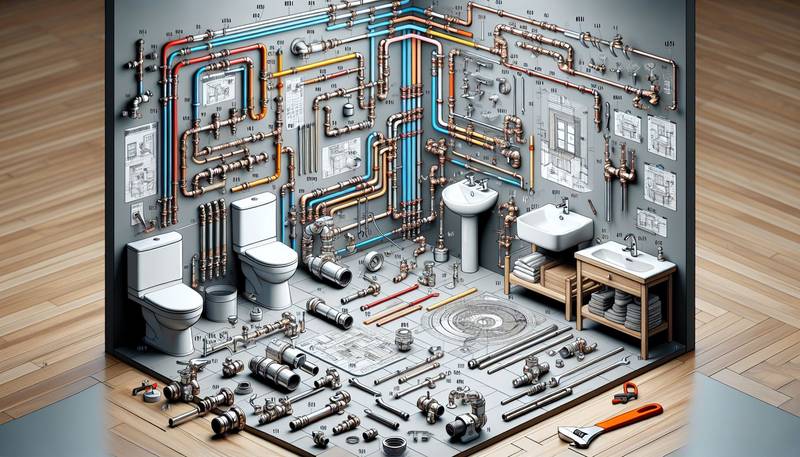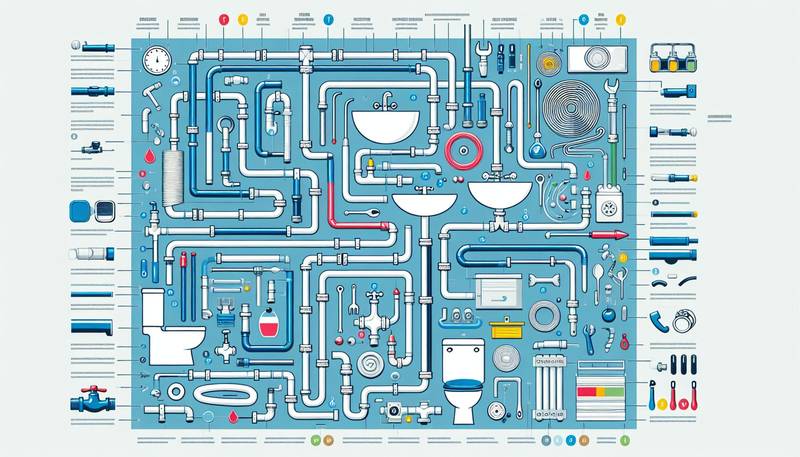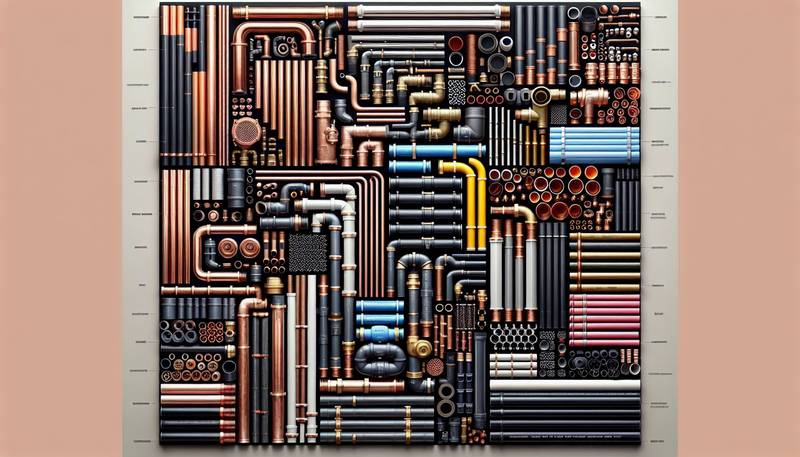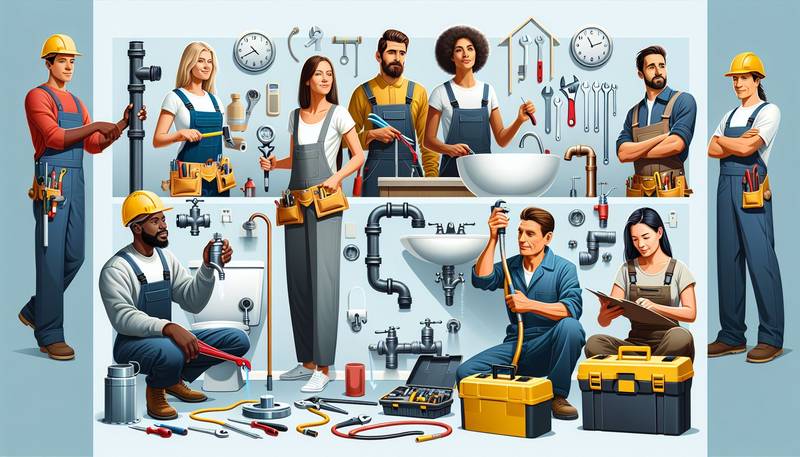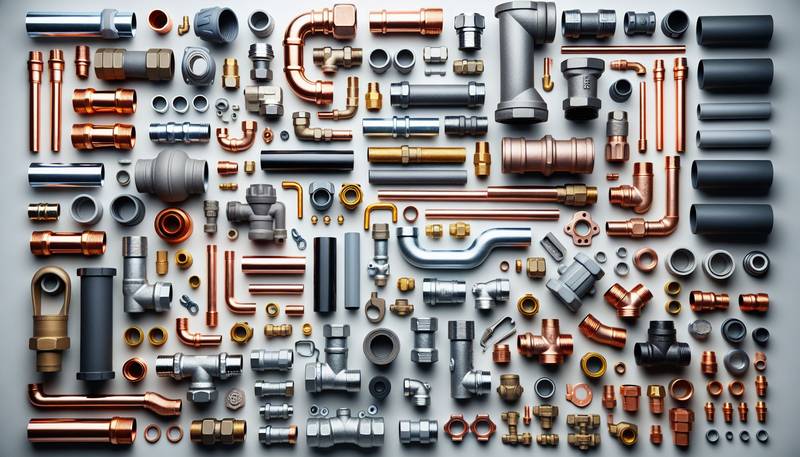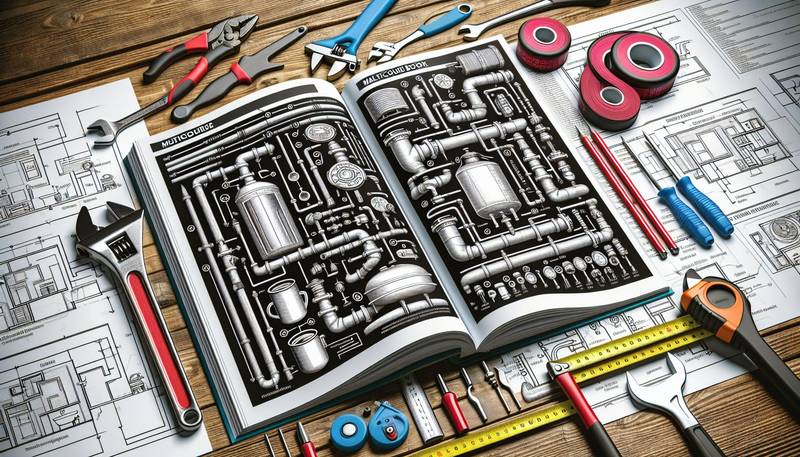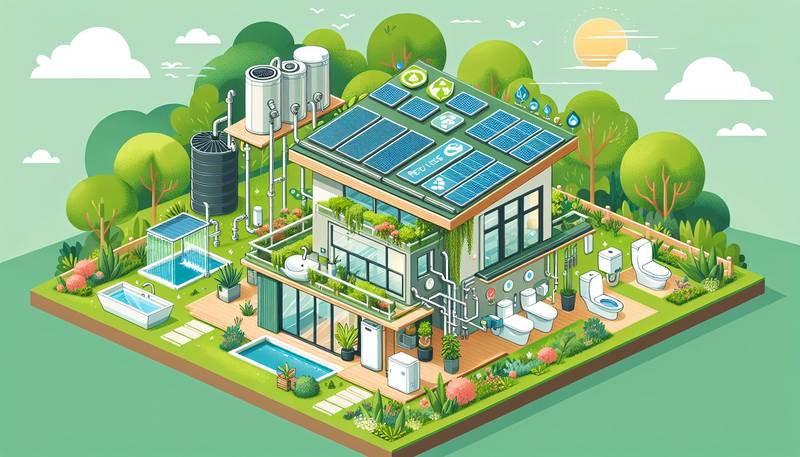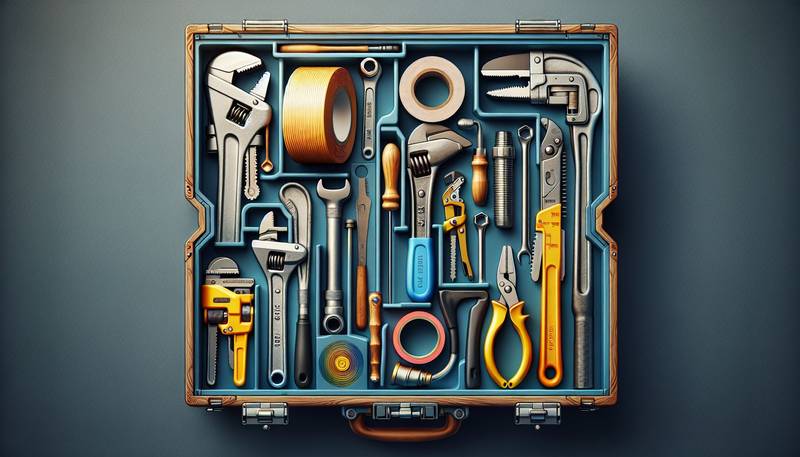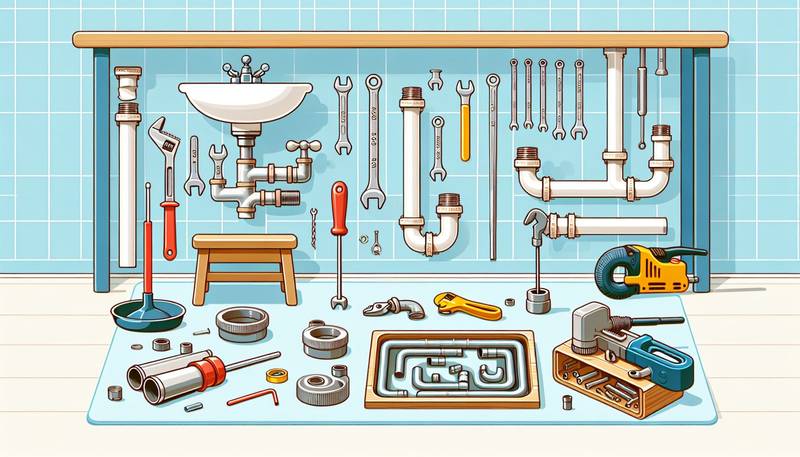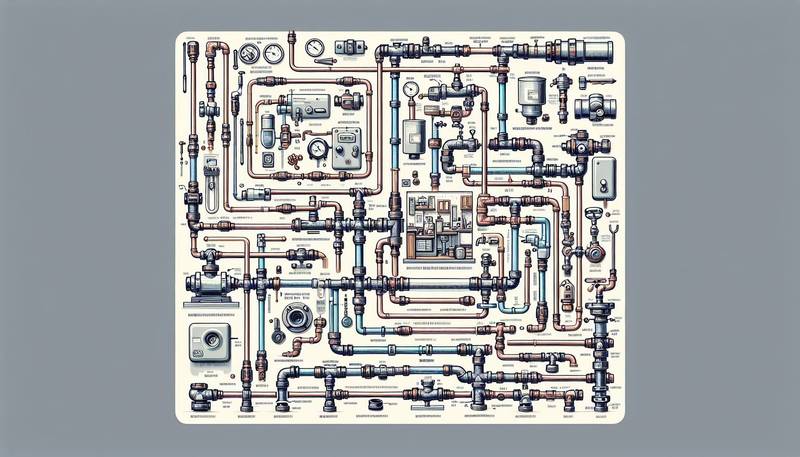Understanding Plumbing Codes: What Every Homeowner Should Know
Plumbing codes are a set of standards and regulations that govern the design, installation, and maintenance of plumbing systems in buildings. These codes are established to protect the health and safety of occupants and to prevent damage to property.
The Importance of Plumbing Codes
Plumbing codes are put in place to ensure that plumbing systems are installed correctly and meet certain standards. By adhering to plumbing codes, homeowners can avoid potential issues such as leaks, contamination of drinking water, and sewer backups. Failure to comply with plumbing codes can result in fines, penalties, and even having to redo the work.
The Role of a Licensed Plumber
In most jurisdictions, homeowners are required to hire a licensed plumber to perform any plumbing work that requires a permit. Licensed plumbers are trained professionals who are knowledgeable about plumbing codes and regulations. They have the expertise to design, install, and repair plumbing systems in compliance with the law.
Permits and Inspections
Before any significant plumbing work is done, homeowners must obtain a permit from the local building department. This permit ensures that the work is being done correctly and in accordance with plumbing codes. Once the work is completed, a plumbing inspector will visit the property to ensure that everything is up to code. It is crucial to schedule inspections at various stages of the project to avoid any issues during the inspection process.
Common Plumbing Code Violations
Some common plumbing code violations include improper pipe sizing, incorrect venting, inadequate slope for drainage, and using incorrect materials. These violations can lead to issues such as water damage, mold growth, and contamination of drinking water. It is essential for homeowners to hire a licensed plumber who is familiar with plumbing codes to avoid these violations.
Upgrading Existing Plumbing Systems
If you are planning to renovate or upgrade your plumbing system, it is essential to ensure that the work is done in compliance with current plumbing codes. Upgrading your plumbing system not only improves the efficiency and safety of your home but also increases its value. A licensed plumber can help you navigate the complexities of plumbing codes and ensure that your new system meets all the necessary requirements.
Conclusion
Understanding plumbing codes is crucial for homeowners to ensure that their plumbing systems are safe, efficient, and compliant with regulations. By hiring a licensed plumber, obtaining permits, and scheduling inspections, homeowners can avoid potential issues and ensure that their plumbing systems are up to code. Upgrading existing plumbing systems in compliance with current codes not only improves the efficiency and safety of your home but also adds value to your property. It is always best to consult with a professional plumber to ensure that your plumbing work is done correctly and in compliance with plumbing codes.
